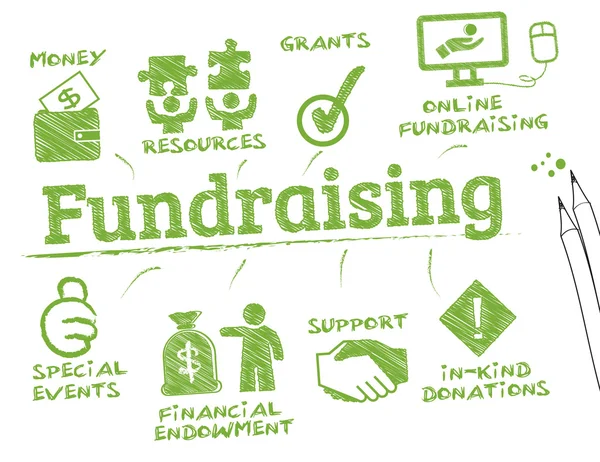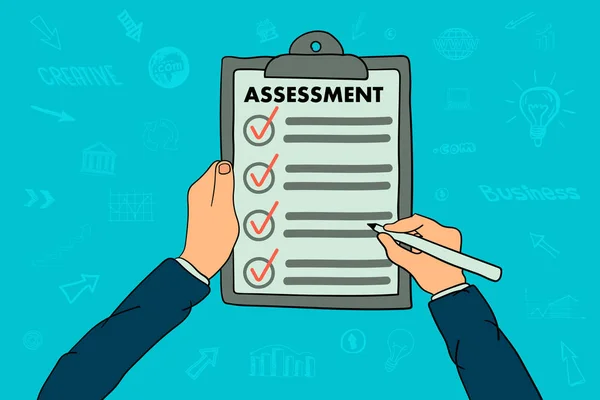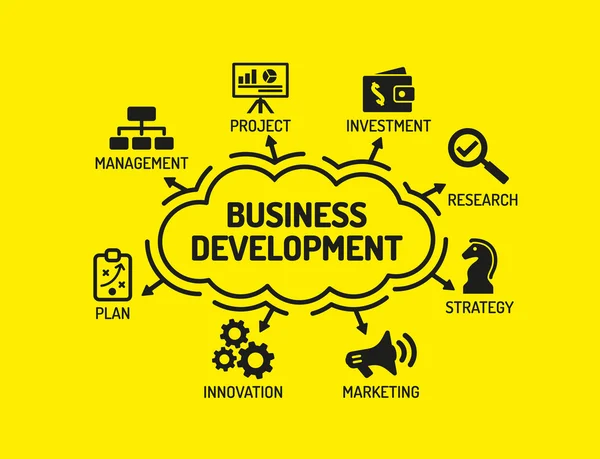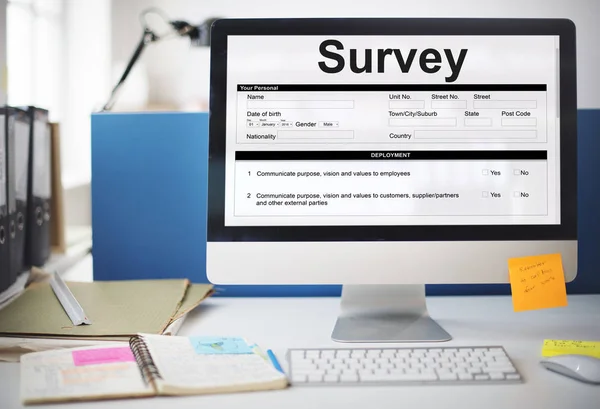Are You Losing Donors or Funding Due to Strict Compliance Requirements or Lack of Donor Retention?
Nonprofit funding space is stiff competitive, creating and maintaining professional donor relationships isn’t very easy. You will often find yourself in strict donor compliance requirements and complex reporting guidelines. It will also be hard to attract new funders, or maintain the existing ones. These challenges can create a revolving door of donors, where your hard-won relationships fade you can’t meet high demands or provide transparent, timely reporting.
In this guide, you’ll learn how outsourcing your donor relations to an experienced consultant like Agcenture can help. You will learn to solve these challenges, build a more professional, trust-driven connection with funders. From compliance management to impact reporting, we’ll break down how expert support can transform donor relations into a growth-oriented strategy for your organization.
What is Donor Management?
Donor relations is the process of collecting, maintaining and sharing information with your funders. It goes beyond retaining them but works to promote accountability, transparency and tracking your interactions with them professionally.
What are the Key Challenges in Managing Donor Relations
Organizations often grapple with several issues when it comes to donor relations, which can jeopardize funding stability and limit long-term growth. Here are some of the most pressing challenges that non profits face in relating with their donors:
1. Limited Staff and Resources
Small nonprofits and CBOs, in particular, face challenges in engaging donors regularly. Limited staff and resources often result in donors receiving infrequent or impersonal updates, making it harder to build a sense of connection and loyalty. Many donors appreciate being involved and seeing firsthand the impact of their contributions. However, without a dedicated team to keep up regular communication, even the most well-meaning organizations struggle to keep donors engaged.
2. Inconsistent Reporting and Transparency
Donors value transparency and accountability. Without a structured reporting system, organizations risk appearing disorganized or, worse, untrustworthy. Many small organizations may submit reports sporadically or with insufficient detail, failing to show how funds are spent or the tangible impact of their programs. This lack of transparency can raise concerns among donors and hinder future funding opportunities.
3. Complex Compliance and Donor-Specific Requirements
Every donor has specific guidelines on reporting, spending, and program management. Meeting these unique requirements often overwhelms teams lacking expertise in complex compliance measures. Failure to adhere to these guidelines can result in delayed funds, loss of trust, or even funding termination. Smaller teams often lack the capacity to develop systems that cater to these varied requirements while keeping up with daily operations.
4. Limited Impact Tracking and Reporting
To retain funding, organizations must demonstrate clear, quantifiable impact. However, effective impact tracking requires data collection, analysis, and presentation skills that many nonprofits and grantees lack. Without these capabilities, their reports may appear vague or incomplete, making it difficult to prove the value of their programs to donors. Limited impact tracking can also mean missing valuable insights for program improvement.
5. Inadequate Financial Oversight and Record-Keeping
Many organizations struggle with maintaining accurate financial records, which impacts their ability to report responsibly. Whether due to limited accounting skills or inadequate systems, this oversight can lead to inefficiencies and mismanagement of donor funds. Over time, poor financial transparency may cause donors to question whether their money is being used effectively, which can erode trust and reduce the likelihood of future contributions.
6. Inadequate Communication Strategy
Effective donor communication goes beyond yearly updates and receipts. Engaging donors requires a strategy that includes regular updates, personalized stories, and other creative approaches to illustrate the program’s impact. Without a targeted communication strategy, organizations risk losing donors who feel unappreciated or uninformed.
How a Donor Relations Consultant Can Help
Outsourcing donor relations to a development consultant can transform how your organization manages and communicates with donors, ultimately improving donor retention and satisfaction. Here are the core services and benefits a donor relations consultant can provide:
Managing donor expectations begins with transparent and timely reporting. A consultant can create a structured reporting system tailored to each donor’s preferences. This includes:
- Guideline Adherence: With in-depth knowledge of compliance standards, a consultant ensures that all reports align with donor requirements, reducing the risk of missed funding due to non-compliance.
- Customized Dashboards: Implementing real-time dashboards that visualize project progress and financial data can provide instant insights for donors. This transparency is key to building donor confidence.
- Detailed Narrative and Financial Reports: Professional consultants excel in preparing high-quality reports that combine financial accuracy with compelling narratives, allowing donors to see the impact of their support.
Effective donor relations rely heavily on sound financial management. A consultant brings expertise in managing grants and funds responsibly:
- Budget Management: Consultants track budgets meticulously, ensuring funds are allocated appropriately and spent responsibly.
- Expenditure Reports: Regular expenditure reports provide donors with a clear understanding of how their contributions are used, ensuring they feel valued and informed.
- Expense Auditing: Professional oversight prevents financial mismanagement and strengthens donor confidence. Consultants can conduct regular audits to address any inefficiencies.
Donors want to understand the tangible outcomes of their contributions, and a consultant can deliver impactful communication materials that highlight program achievements:
- Narrative Impact Reports: Through storytelling, a consultant can highlight key achievements, challenges overcome, and personal stories that resonate with donors.
- Visual Communication: From infographics to visual updates, consultants can develop materials that simplify complex data, making it accessible and engaging for donors.
- Real-Time Progress Updates: Consistent, accessible updates reinforce the donor’s role in creating positive change and help them feel connected to the cause.
A consultant’s expertise in relationship management helps keep donors engaged and satisfied with their involvement:
- Donor Check-Ins: Consultants can facilitate regular check-ins with major donors, strengthening relationships and addressing any concerns early on.
- Project Tours and Appreciation Events: Inviting donors to witness the work firsthand can deepen their connection with the cause and increase the likelihood of continued support.
- Retention Strategies: Consultants employ strategies to keep donors engaged over the long term, including personalized communications, special acknowledgment of contributions, and targeted follow-ups.
Many organizations miss out on funding due to poorly crafted proposals. A development consultant can offer the following support to help secure new or renewed funding:
- Customized Proposals: Consultants develop proposals that align with donor interests, using language and data that speak to the funder’s mission.
- Donor Profiling and Targeted Outreach: By analyzing donor profiles and interests, a consultant can help create tailored outreach strategies to engage potential donors who align with the organization’s mission.
- Multi-Year Funding Strategies: Consultants provide guidance on long-term funding strategies that look beyond immediate needs, establishing a sustainable foundation for future growth.
Why Outsourcing Makes Sense for Nonprofits, CBOs, and Small Organizations
Nonprofits and small organizations face unique resource limitations that can hinder their donor relations efforts. By outsourcing these tasks to a donor relations consultant, organizations gain access to a skilled professional without the overhead costs of an in-house team. Here’s how outsourcing can make a difference
Increased Donor Trust and Retention
: A professionally managed donor relations strategy demonstrates commitment to transparency, enhancing donor trust and paving the way for long-term partnerships.
Expertise and Specialization
Professional consultants bring specialized skills in donor management, financial reporting, and impact communication that are difficult to cultivate in-house.
Reduced Workload for Staff
With an expert handling donor relations, existing staff can focus on direct program implementation and other core functions.
Scalability
Consultants can tailor their services to fit the organization’s size, needs, and budget, making it more flexible and cost-effective.
How to Choose the Best Consultant for Your Donor Relations Needs
Selecting a consultant who aligns with your mission and understands your goals is key to successful donor relations. Look for professionals with a track record in donor engagement, financial management, and impact reporting. Additionally, ensure they are well-versed in the specific donor requirements of your organization’s funders, as this can reduce compliance issues and increase the likelihood of funding renewal.
Final Thoughts
For any organization reliant on donor funding, maintaining strong donor relations is a cornerstone of sustainability. However, donor engagement, compliance, and impact reporting require dedicated resources and expertise that may not always be available internally. By outsourcing donor relations to a professional consultant, your organization can streamline its donor management processes, secure more funding, and foster long-lasting partnerships with donors.
Ready to elevate your donor relations strategy? At Agcenture, we offer a comprehensive suite of donor relations services designed to enhance transparency, engagement, and financial accountability. Let us help you secure the support you need to continue making a difference.




